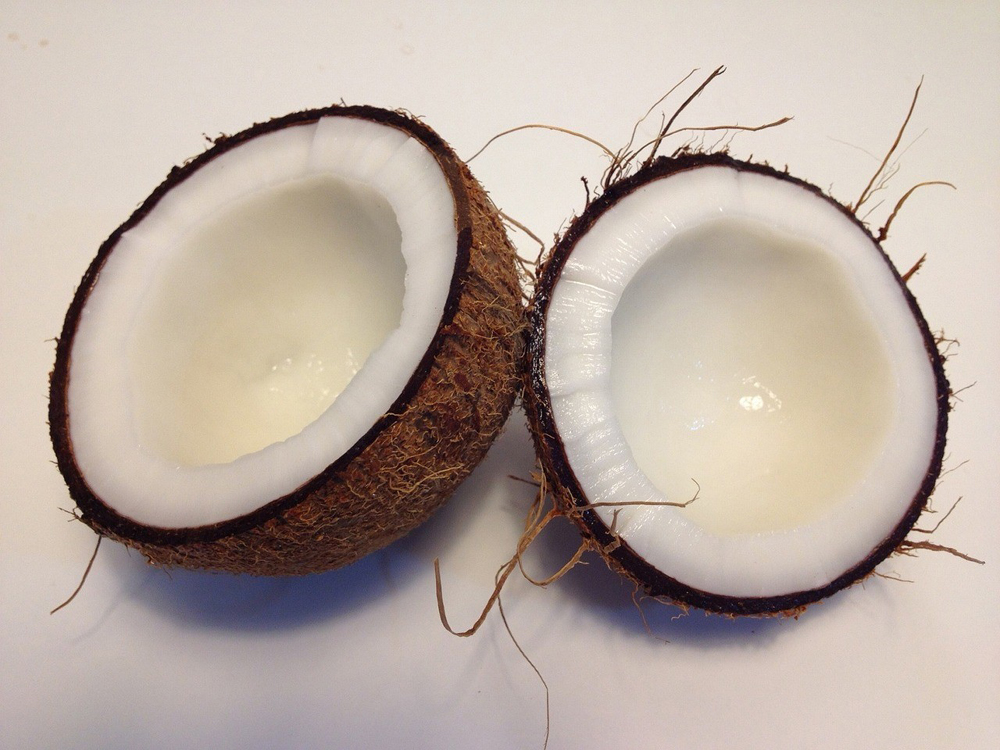Maria Luiza De Grandi, journalist at Ciência Rural, Santa Maria RS, Brazil.
Paulo Cezar Cunha Júnior, researcher at Universidade Federal Rural do Rio de Janeiro (UFRRJ), Rio de Janeiro, Brazil.
Coconut is a fruit cultivated in more than 80 countries, and due to its excellent nutritional and biological value, it is an important crop for the food industry. There are already a multitude of products with coconut in their composition, however, developing new coconut-based products is attractive to explore its benefits.
In this regard, researchers from the Universidade Federal Rural do Rio de Janeiro (UFRRJ) in partnership with the Pontificia Universidad Católica Madre y Maestra – PUCMM (República Dominicana) and Embrapa Agroindústria de Alimentos developed and characterized a symbiotic fermented drink based on coconut milk, motivated by the changes in the profile of human nutrition, with significant growth in followers of dietary and/or ideological regimes, such as veganism and vegetarianism, as well as the increase in lactose intolerant and allergic to milk proteins. The research resulted in the article Elaboration, characterization and probiotic viability of a symbiotic non-dairy coconut-based drink, published in the journal Ciência Rural (vol. 53, nº 3).
According to researchers Paulo Cezar da Cunha Júnior and Elisa Helena da Rocha Ferreira, the methodology that consisted of the drink manufacturing process is very simple: “The process consists of the stages of formulation, filtration, fermentation, maturation and storage under refrigeration, which reflects a possible replication of the process, indicating that the project is easily reproducible.”
As a result, the researchers obtained a drink that was microbiologically stable for 28 days under refrigeration. Furthermore, the fiber content was close to 2.50%, and the counts for Lactobacillus casei, the probiotic microorganism used in this research, were higher than 9.00 log CFU/mL throughout storage, with counts close to 6.00 log CFU/mL upon reaching the intestinal phase during in vitro simulation, indicating that the drink presents functionality both due to the presence of fibers and the presence of probiotics in satisfactory concentrations. “Another important point is the bioactive capacity of the drink, which deserves to be highlighted since the content of total phenolic compounds and antioxidant capacity increased significantly after fermentation”, pointed out the authors.
The study demonstrates that it is possible to use plant matrices to develop drinks containing probiotics in line with marketing demands. “Due to the simplicity of the unit operations involved in the production process of the developed drink, the technology could be easily transferred to enterprises with minimal adjustments or even using existing equipment and/or processes”, concluded the authors.
External links
Ciência Rural – CR: https://www.scielo.br/cr/
Ciência Rural – Site: http://coral.ufsm.br/ccr/cienciarural/
Ciência Rural – Social Media: Twitter | Facebook | Instagram
Como citar este post [ISO 690/2010]:
















Recent Comments